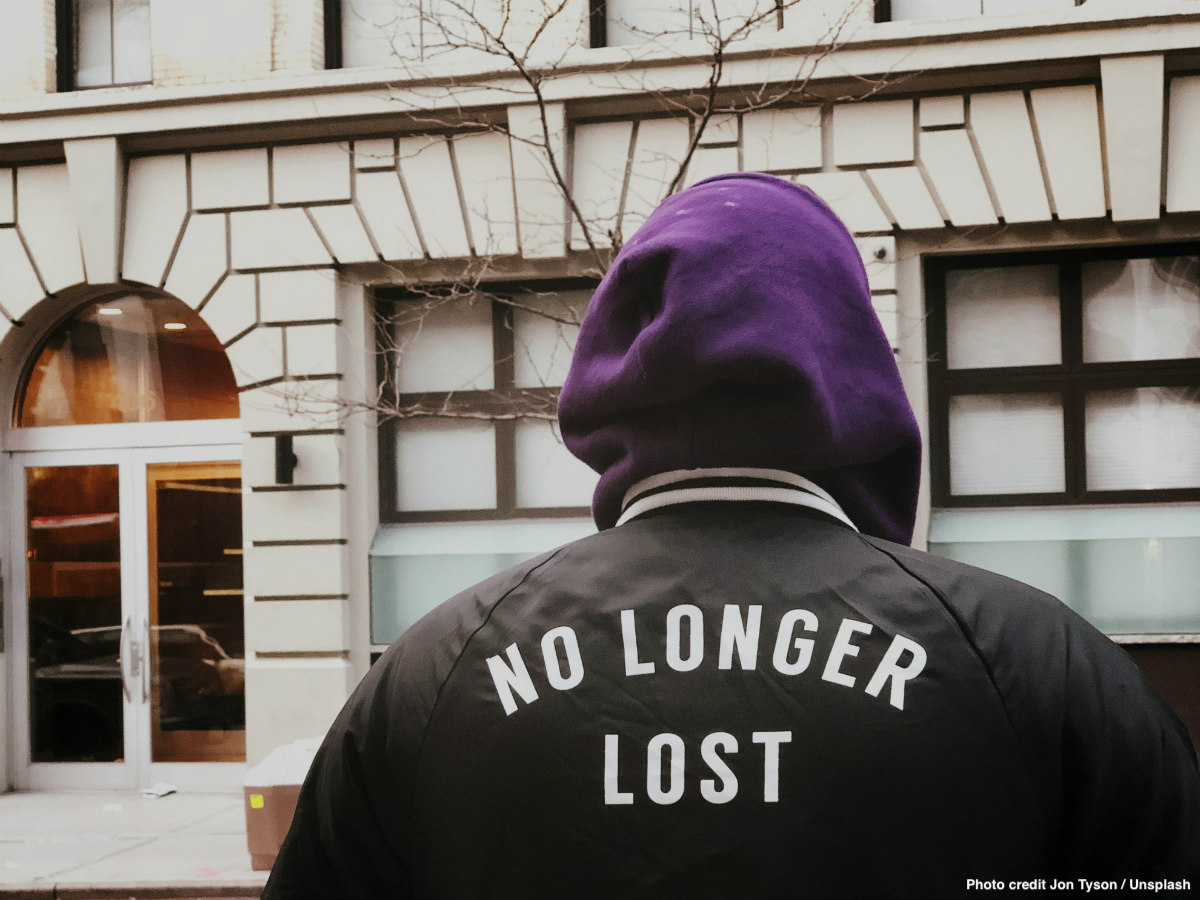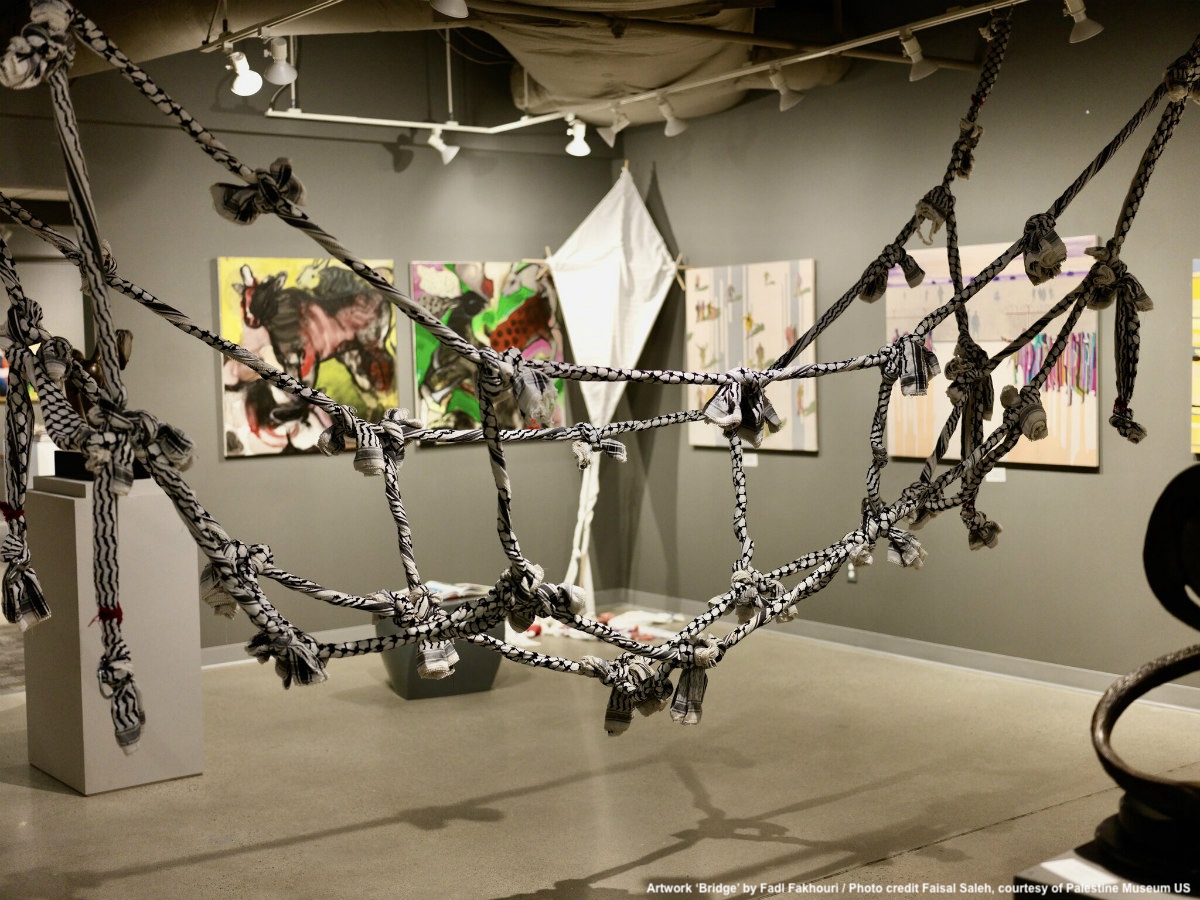“Yes, I need housing,” answers a resounding 80% of people enrolled in programs with Lao Family Community Development [Lao Family]. But in the midst of an ongoing homeless crisis compounded by a housing crisis, how could vulnerable populations possibly find a place to call home? In Oakland, where housing is for the privileged, that place could be a former Motel 6.
Run by Lao Family, CARE Campus Oakland is a housing project in the former Motel 6 by the coliseum and a place to call home for those “transitioning from prison, shelters, or treatment programs and ready to take the next independent step of living on their own, working towards getting a place of their own and learning the skills in order to do that.”
A year in, it’s now the “biggest motel take-over in Northern California.” Denise Deslonde, CARE Campus Oakland site supervisor of programs, couldn’t be more grateful, inspired and motivated. It was only four years ago intaking new clients for Lao Family’s employment services that she realized how many didn’t have safe or secure housing. She’d often hear “I’m living on a friend’s couch” or “I’m living with my baby mama and it’s not a good situation.” It became clear that these situations were not sustainable, “if we got them a job they wouldn’t be able to focus well enough on that job because they needed housing.”
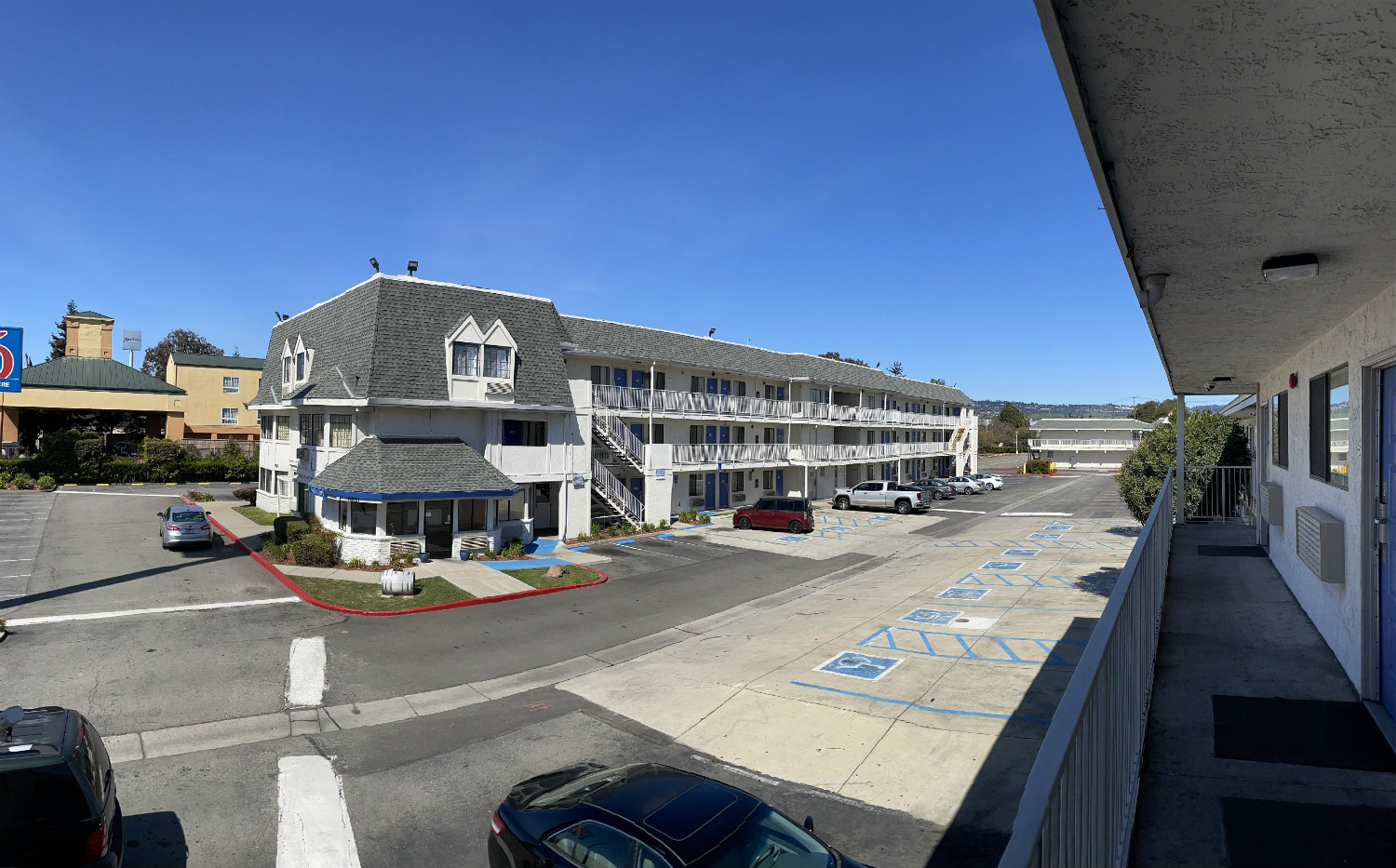
In collaboration with Alameda County Probation Department, one of Lao Family’s long-time partners, the former Motel 6 currently provides housing for 135 reentry (AB-109) clients, has transitioned 40 clients into permanent housing, and will be accepting encampment clients soon to directly address the homeless crisis. Clients are welcomed “home” with their own single occupancy room that includes a microwave and mini-fridge, and three meals a day generously prepared and delivered by the Radisson hotel next door.
From there, residents are presented with a growing “buffet of resources” within the organization’s ever expanding community network. For example, in partnership with 2nd Chance Banking programs, Lao Family set-up individual development accounts [IDA] for their clients who learn financial skills and are encouraged to make monthly deposits. Deposits are then matched up to $1000 per client by Lao Family, ensuring an earned and rewarded “housewarming gift” when clients transition to permanent housing.
I’m a cheerleader and a coach and I’m here to support you
Such incentives are integral to inspiring motivation and participation including the campus’ weekly classes initially incentivized with monetary gift cards. “The $25 gets them in there, the knowledge keeps them coming back.” With an aim to provide more, current course offerings include: Anger Management, Relapse Prevention, and WRAP class [Wellness Recovery Action Plan]––a mental health program to help clients self regulate their emotional health focusing on tools and techniques they can employ to manage emotional, stressful situations and guidance on how to navigate through them.
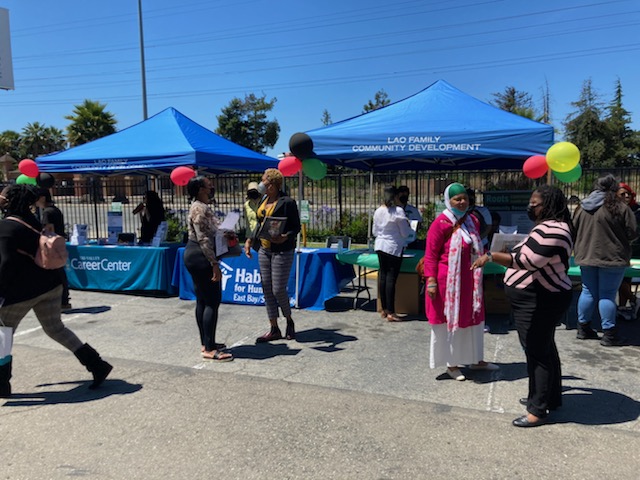
Emphasizing the apt phrase, “it takes a village,” Deslonde tells me about the resource fairs they’ve been hosting in the motel parking lot “from job fairs to vaccination clinics for both residents and the community at large.” This integrating form of organizing is a resource in itself, instigating and eliciting a nurturing reciprocity. As when Deslonde began noticing a client’s flower garden they’d potted outside their room. Every time Deslonde would look out her office window she’d catch a glimpse of a flower and realized how uplifting it was and subsequently the importance of tending to and nurturing a living thing. That moment set in motion the developing collaboration with Planting Justice, a Bay Area non-profit organization that develops “edible permaculture gardens, food justice curricula and creates green jobs in the food justice movement for people transitioning from prison.”
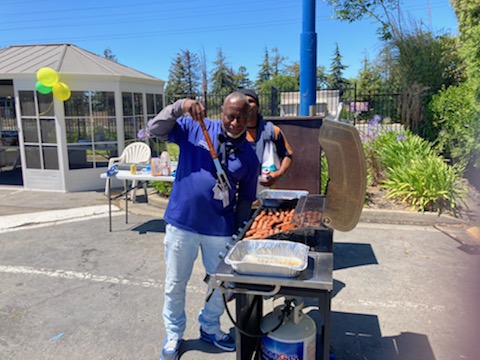
Such reciprocal nurturing is a quality that can make anybody feel at home and stems from Lao Family founder Chaosarn S. Chan, who started out inviting fellow refugees from Laos into his home and helped them rebuild their lives in the Bay Area. Lao Family “grew rapidly, broadening into economic initiatives like affordable housing development, neighborhood building economic projects, first-time homeownership and foreclosure intervention counseling, among others.”
Now led by Chan’s daughter, CEO Kathy Chao Rothberg, Lao Family has centered housing and property investment within the organization to fully “harness our assets and have a more direct impact.” A former low-income housing real estate developer and mayor of San Pablo, Chao Rothberg is keenly aware of the power and agency of ownership especially as a non-profit. Case in point, now in the process of becoming owners of the former Motel 6 instead of renters, Lao Family is developing preeminent on-site resources. Most anticipated is an on-site health clinic in partnership with Roots Community Health Center that will initially serve campus residents with the intention to open up to the larger community. It’s as pragmatic as it is visionary, and a landmark development that will set a precedent for current and future housing programs.
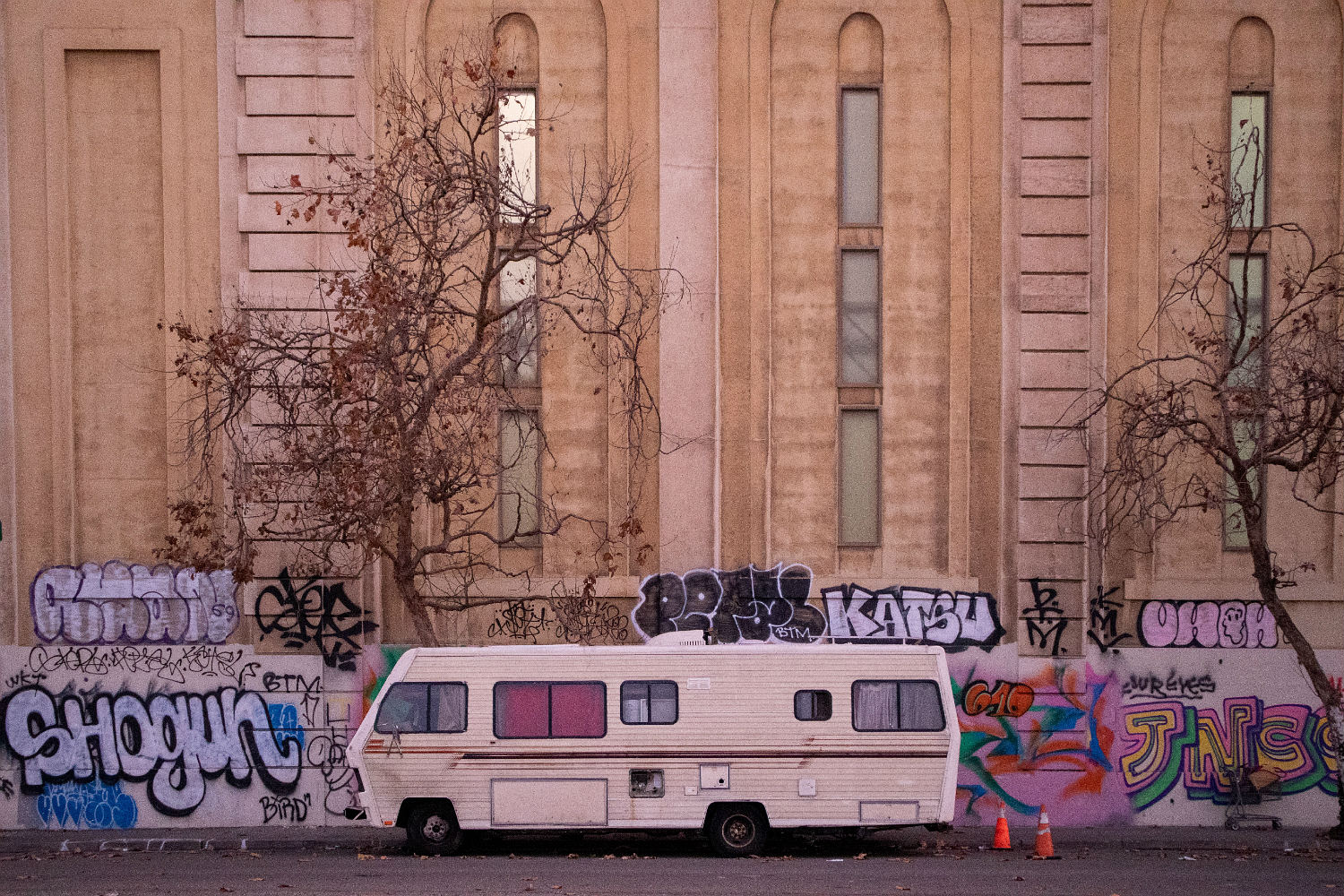
Lao Family Community Development has always had an independent, progressive approach to their work Deslonde explained. Driving it all is not only a collective who cares, but a community driven network of support mobilized to foster autonomy. Overall, CARE Campus Oakland, and the Lao Family organization, is a support system “delivering the tools our clients need to live independently, giving them the support they need,” and as importantly Deslonde underscored, “making sure that they feel supported, that they know we’re here for you.”
As the biggest housing program Alameda County Probation has, the Department is now looking to CARE Campus Oakland for evidence based research to further develop their probation and reentry programs, an aspect particularly motivating for Deslonde who wrestles with the County’s timeline of a 6-12 month transition period on a daily basis.
Homelessness is a pandemic
“I have a client who has been behind bars for 13 years. Do you think that in 6 months I’m going to be able to break down any institutionalized barriers? He doesn’t even respond to his first name because he’s not used to hearing it.” Such realities underscore the critical need for quality, hands-on research data as well as paradigm shifting solutions. One-size fits all solutions aren’t all that accommodating especially for such a vulnerable population. Expanding against such constraints is where Lao Family’s holistic approach, motivating incentives, access to resources, and a community network makes all the difference.
While CARE Campus Oakland is an outstanding model for reentry clients and other vulnerable populations, the current homeless crisis is at an all time high with little to no resources or solutions. Deslonde tells me about a shocking scene while driving on the highway through Oakland: “I saw a woman walking down the middle of the freeway median and was concerned for her. I looked over and saw a block-long encampment with a mile high mound of trash and debris.”
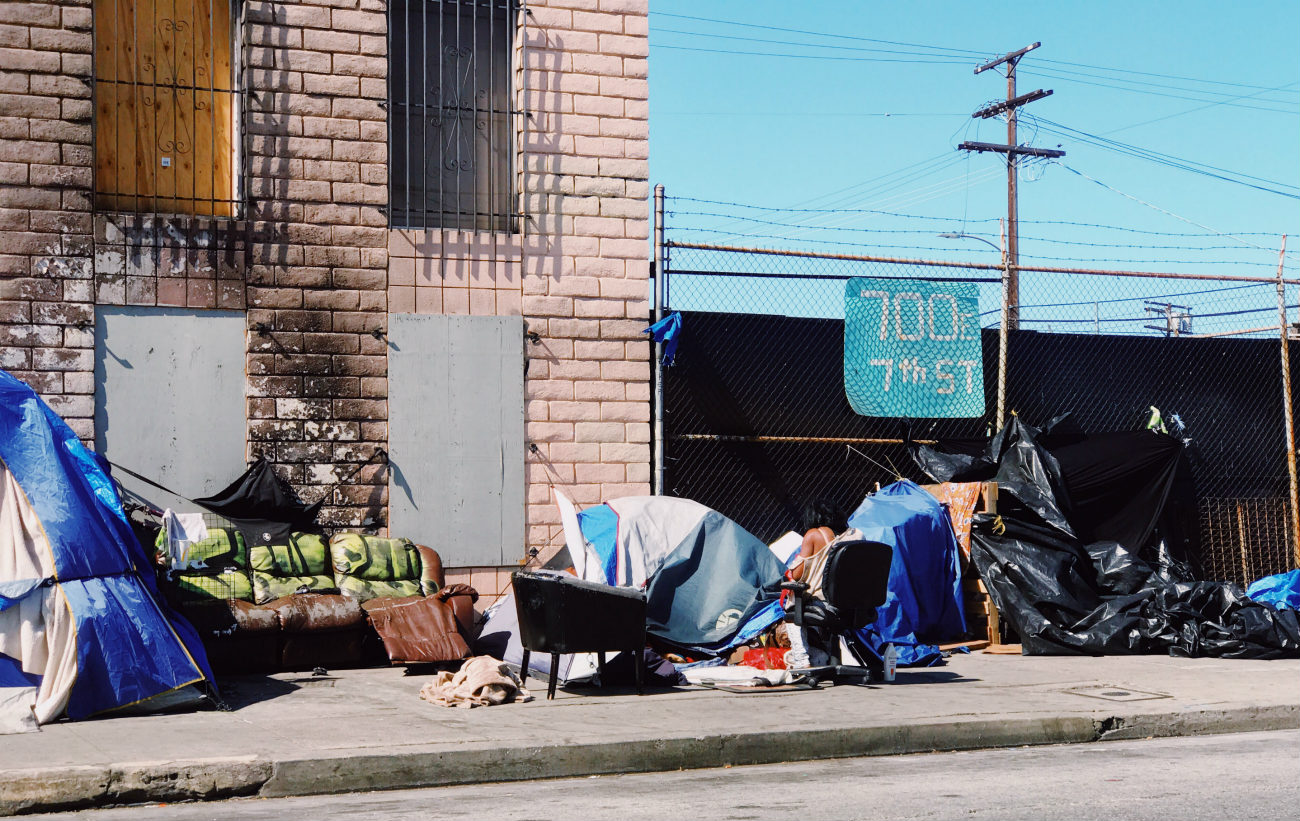
Understandably this scene still shocks her, much like the Mad Max vignette she passed by a few weeks prior with fires burning along a series of encampments. How did this “civilized” society evolve to such extremes? While there are volumes surmising such descent, the magnitude and urgency of the homeless crisis is unreal. “We have to attack it! We have to attack it the same way we attacked Covid-19. Homelessness is a pandemic. We need to have a quick, drastic approach to solve this homeless crisis. I feel the CARE Campus is knocking a dent in an enormous problem.”
Given the growing encampments across the city, CARE Campus Oakland will begin housing anywhere from 10 to 50 encampment clients with a small city grant. While the doors are potentially open, it’s potentially a more complicated challenge. “Trying to access housing is for the elite, and they made it that way. I see so many homeless on the street, essentially potential clients, and they are just a phone call away from being housed, but they just can’t go through the motions of getting housed. Housing communities have rules––we have rules. We provide an independent housing program for clients who are committed to moving forward and galvanizing the support that we provide and make available.” Whether it’s a housing program or a roadside motel, “housing” is for those who can abide by societal rules of engagement.
The homeless crisis is complex and full of contradictions, how does one make inroads with such a complicated population? While motels, and the byways that connect them, are often seen as “representative of a pleasant and peculiar fantasy of freedom: a way to escape the global continuum of constant flow and effortless connection,” as enunciated by Andrew Wood, “they’re a departure from the script of everyday life, a place where travelers can still invent a new persona, a new past, a new destination.” However metaphorically romantic, the Motel 6 aka CARE Campus Oakland, is a profound step––more than a place to call home, it’s a holistic support system where one, if willing, “can still invent a new persona, a new past, a new destination.”


